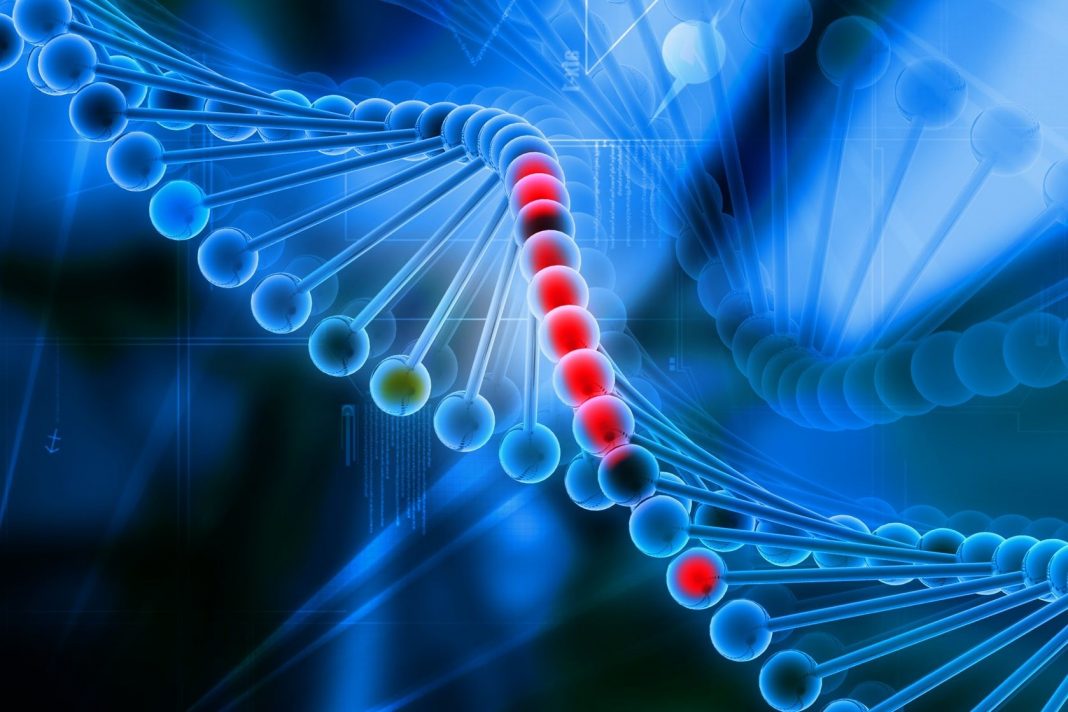CRISPR Therapeutics and Vertex Pharmaceuticals said today that their CRISPR/Cas9 gene-edited therapy CTX001 has demonstrated proof of concept in two patients with transfusion-dependent beta thalassemia (TDT), and has shown effectiveness in another patient with sickle cell disease (SCD), in two Phase I/II trials that are the first clinical studies of a gene-editing candidate sponsored by U.S. companies.
The two TDT patients achieved transfusion independence following treatment CTX001, the companies said. At 15 months after infusion with CTX001 infusion, the first TDT patient was transfusion independent and had total hemoglobin levels of 14.2 g/dL, fetal hemoglobin of 13.5 g/dL, and an erythrocytes expressing fetal hemoglobin (F-cells) level of 100%. Bone marrow allelic editing was 78.1% at 6 months and 76.1% at one year.
The second TDT patient achieved transfusion independence at five months after CTX001 infusion, and had total hemoglobin levels of 12.5 g/dL, fetal hemoglobin of 12.2 g/dL, and an F-cell level of 99.4%. The second patient also showed neutrophil engraftment 36 days after CTX001 infusion, as well as platelet engraftment 34 days after infusion.
In a separate clinical study of CTX001 in SCD, the first patient dosed with the treatment was transfusion independent at 9 months after CTX001 infusion, and was also free of vaso-occlusive crises (VOCs), and showed total hemoglobin levels of 11.8 g/dL, 46.1% fetal hemoglobin, and F-cells of 99.7%. Bone marrow allelic editing was 81.4% at 6 months.
In the TDT trial, titled CLIMB-Thal-111 (NCT03655678), the first patient has the β0/IVS-I-110 genotype, associated with a severe phenotype similar to β0/β0. Before enrolling in the clinical trial, the patient had a transfusion requirement of 34 units of packed red blood cells per year, based on an annualized rate during the two years before consenting to enroll.
After CTX001 infusion, the first TDT patient experienced two serious adverse events (SAEs), neither of which were considered treatment-related: Pneumonia in the presence of neutropenia, and veno-occlusive liver disease attributed to busulfan conditioning. Both SAEs were subsequently resolved, the companies said.
“Early evidence”
“With these new data, we are beginning to see early evidence of the potential durability of benefit from treatment with CTX001, as well as consistency of the therapeutic effect across patients,” CRISPR Therapeutics CEO Samarth Kulkarni, PhD, said in a statement. “These highly encouraging early data represent one more step toward delivering on the promise and potential of CRISPR/Cas9 therapies as a new class of potentially transformative medicines to treat serious diseases.”
In data reported in November 2019 by the companies, the first TDT patient achieved neutrophil engraftment 33 days after CTX001 infusion and platelet engraftment 37 days after infusion.
The second patient with TDT has the β0/IVS-II-745 genotype and had a transfusion requirement of 61 units of packed red blood cells per year, based on an annualized rate during the two years prior to consenting to enroll in CLIMB-Thal-111.
The second TDT patient achieved neutrophil engraftment 36 days after CTX001 infusion and platelet engraftment 34 days after infusion. The second patient also experienced two SAEs following CTX001 infusion, neither of which were considered related to CTX001. The two SAEs, pneumonia and an upper respiratory tract infection, were both resolved.
CLIMB-Thal-111 is designed to assess the safety and efficacy of a single dose of CTX001 in patients ages 18 to 35 with TDT. The study plans to enroll up to 45 patients and follow patients for approximately two years after infusion. Each patient will be asked to participate in a long-term follow-up study.
Five patients dosed in TDT trial
To date, CRISPR Therapeutics and Vertex said, CLIMB-111 for TDT has dosed a total of five patients, with all patients have successfully engrafted. The trial is also now open for concurrent dosing after successful dosing and engraftment of the first two patients. Additionally, CLIMB-111 has been expanded to allow enrollment of β0/β0 patients and is in the process of being expanded to allow enrollment of pediatric patients ages 12 years or older.
The SCD trial, titled CLIMB-121 (NCT03745287), is an ongoing Phase I/II open-label trial designed to assess the safety and efficacy of a single dose of CTX001 in patients ages 18 to 35 with severe SCD. The trial will enroll up to 45 patients and follow patients for approximately two years after infusion. Each patient will be asked to participate in a long-term follow-up trial.
To date, CLIMB-121 for SCD has dosed a total of 2 patients and both patients have successfully engrafted, CRISPR Therapeutics and Vertex said. The trial is also now open for concurrent dosing after successful dosing and engraftment of these first two patients.
Patient 1 with SCD experienced seven vaso-occlusive crises (VOCs) and five packed red blood cell transfusions per year before enrolling in the clinical trial. After CTX001 infusion, three SAEs occurred, none of which the PI considered related to CTX001: sepsis in the presence of neutropenia, cholelithiasis and abdominal pain; all subsequently resolved.
As reported in November 2019, the first SCD patient achieved neutrophil and platelet engraftment 30 days after CTX001 infusion.
The CLIMB-111 and CLIMB-121 clinical trials are ongoing, with patients set to be followed for two years following CTX001 infusion. CRISPR Therapeutics and Vertex said they expect to provide additional data in the second half of this year.



